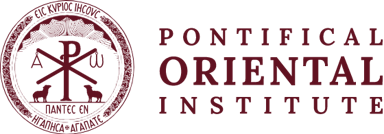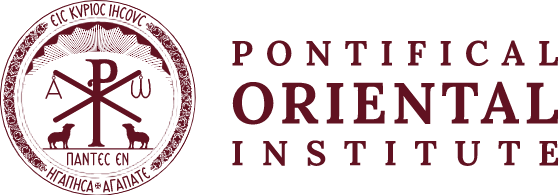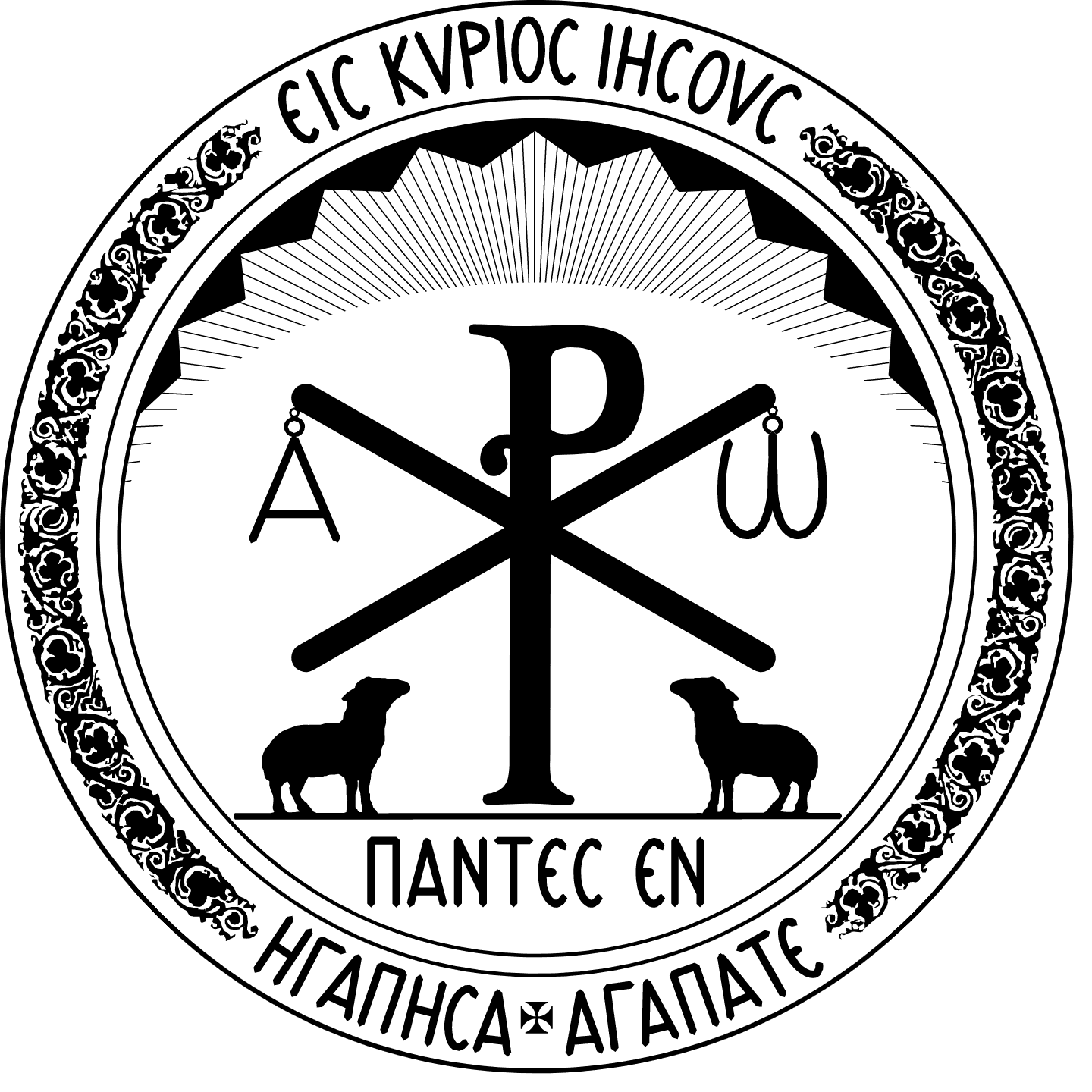
Meet the President
Fr. Sunny Thomas Kokkaravalayil, SJ
Father Sunny Thomas Kokkaravalayil, sj, is an Indian Jesuit. Vice Rector of the Pontifical Gregorian University, he is the President of the Pontifical Oriental Institute and Professor at the Faculty of Oriental Canon Law since 2005.
Message from the President
The Pontifical Oriental Institute is an institution of higher studies. Founded by Pope Benedict XV in 1917, in 1922 it was entrusted by Pope Pius XI to the Society of Jesus. It is composed of the Faculties of Eastern Christian Studies and Oriental Canon Law.
The Institute is dedicated to the study of the Christian East, especially theology, patristics, liturgies, history, canon law and the various ancient and modern languages connected to the sciences of the Christian East. The fruit of this research has been published since the Institute’s earliest years: original research in ancient anaphoras and manuscripts of the early Church, detailed studies of oriental liturgies, archeological analyses of church art and architecture, study and development of codes of Church law. While it continues in our day, we must add to this rich historical research new fields of study and analysis.
The countries of the Eastern Churches are often troubled by wars and conflict that need sober reflection by people of living faith in order to give answer to the needs of people. We are presented with new challenges that require experts in history, politics, linguistics, art, liturgy, and the history of religions, for solely in this way can we offer a concrete response that is transparent and just, one that respects the political and national movements within the conflicts we hear of daily.
The Church has a particular advantage in this because within its community are all the voices of the human community. At the Orientale we have no political affiliation but count among our friends, Christians, Jews, Hindu and Muslims, religious leaders, diplomats, and intellectuals, people on the front line of the conflicts, and students seeking to understand their vocation in these situations. With such a community of good will, we create a safe space for complicated conversations that aim to create a future of hope for peoples that have simply suffered too much.
There has never been a time in the history of our Institute when we have been asked more by our friends to assist in collaborating toward such a solution. The tradition of the prophets seeking the wisdom of the Word of God to bring justice and mercy to his people – this is our inspiration. And the Orientale is uniquely positioned for such a vocation. Its alumni, its students, its research and intellectual capabilities, and its broad circle of friends allow it to respond in a concrete way to the contemporary demands of the countries of the Christian East. St. Luke, for example, lived in Antioch and wrote his gospel through the prism of the middle eastern world. His central theme, the mission Jesus entrusted to the disciples, was that of reconciliation. As the story of the Good Samaritan makes clear, forgiveness is not only a personal matter, but a cultural issue and a national concern. How do peoples forgive and reconcile? How can enemy nations not only forgive but serve one another? Just as for Luke in his day, we are called to sense how the Spirit of God is actively recreating the world in our day. This is a complex work that God alone can bring about, but not without his own trained collaborators. The Orientale is a place where young adults find the space to imagine this work of the Spirit to which we are called.
There are many opportunities for deepening our mission with the full participation of the teaching faculty and the broader academic community. The integration with the Pontifical Gregorian University will deepen the historic friendly collaboration with the Eastern Churches, to build for the Orient a future of harmonious living more intimately serving God who makes us one.
Fraternally,
Fr. Sunny Thomas Kokkaravalayil, SJ


